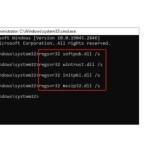Key Features Windows Server

Key Features Windows Server. The modern business landscape demands robust server infrastructures for evolving needs. Microsoft Windows Server stands out as a premier operating system, offering enhanced productivity, scalability, and security for organizations.
Tailored for efficient network infrastructure management, Windows Server packs numerous features elevating security, performance, and productivity. Discover the top 10 features in our blog, such as Active Directory, Hyper-V, Remote Desktop Services, and more.
Key Features Windows Server
Here’s a glimpse of the top 10 Key Features Windows Server: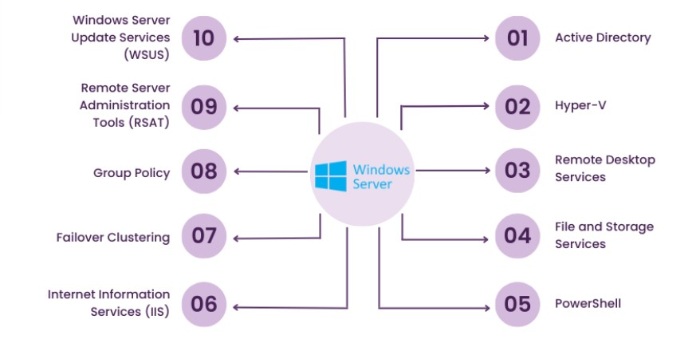
- Active Directory: Centralized user management and network resource organization, ensuring robust security and streamlined user administration.
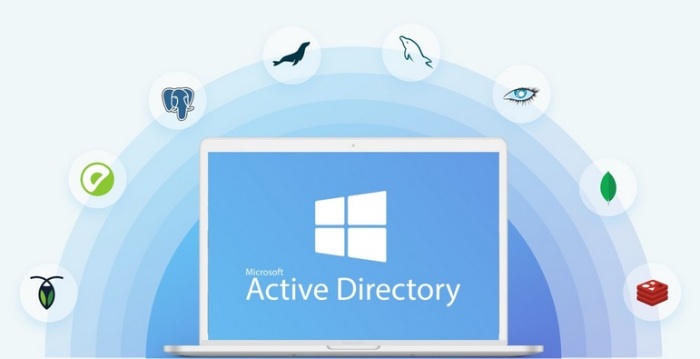
- Hyper-V: Advanced virtualization technology optimizing resource utilization and enabling multiple operating systems on a single server.
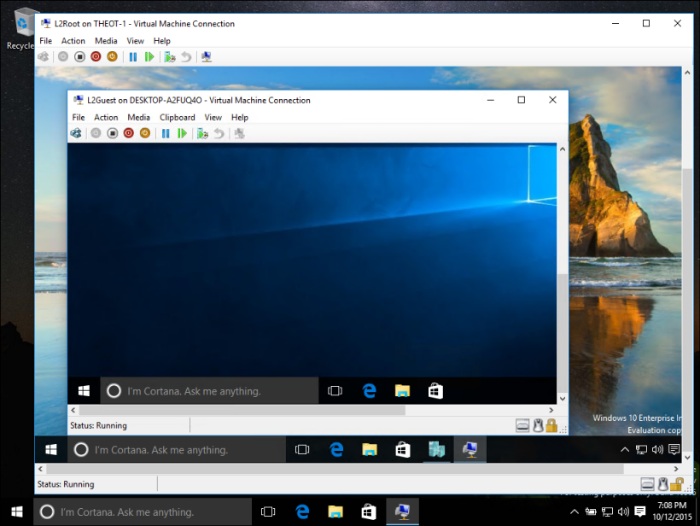
- Remote Desktop Services: Facilitates secure remote access to applications and data, promoting collaboration and productivity from any location.
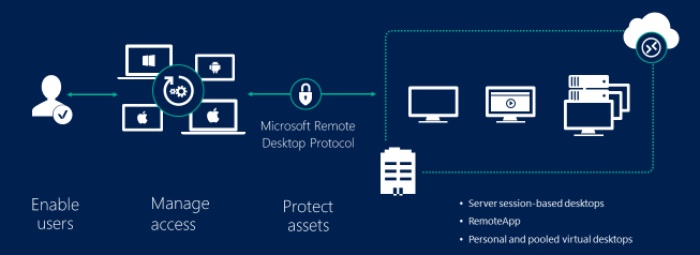
- File and Storage Services: Efficient file-sharing and storage management ensuring secure data access and high availability.
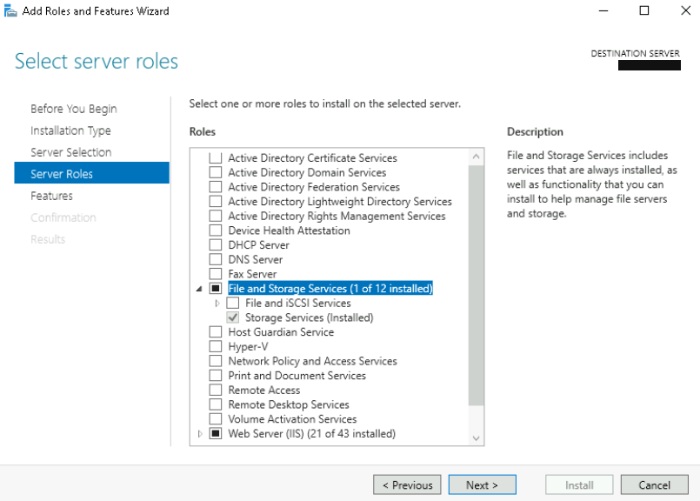
- PowerShell: Automation for streamlined administration and task efficiency, offering a versatile command-line shell.
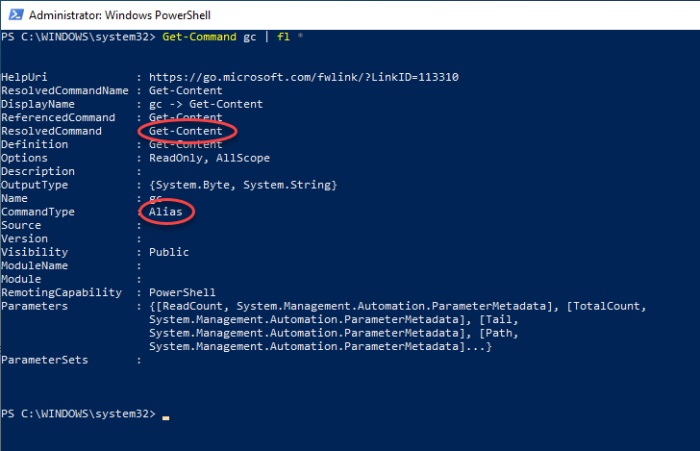
- Internet Information Services (IIS): Robust web server platform for hosting and secure delivery of websites and web applications.
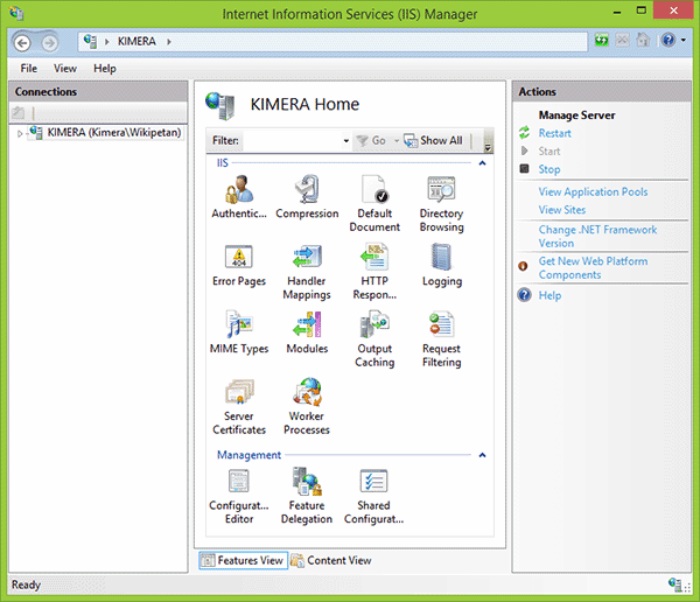
- Failover Clustering: Provides high availability for critical services, minimizing downtime and ensuring uninterrupted access.
- Group Policy: Centralizes user and computer systems management, enforcing security policies and configurations across networks.
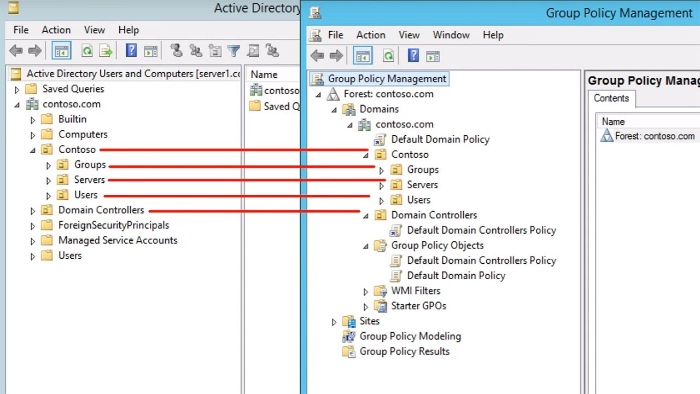
- Remote Server Administration Tools (RSAT): Enables efficient remote server management and troubleshooting from a unified interface.
- Windows Server Update Services (WSUS): Central management and distribution of updates to Windows-based computers, enhancing system security and reliability.
Key Features Windows Server finds applications in various industries, enabling centralized user management, virtualization, remote access, file sharing, web hosting, automation, high availability, policy management, remote server management, and software updates.
In conclusion, Microsoft Windows Server’s array of features makes it an invaluable asset for businesses seeking secure, efficient, and scalable network management solutions.


